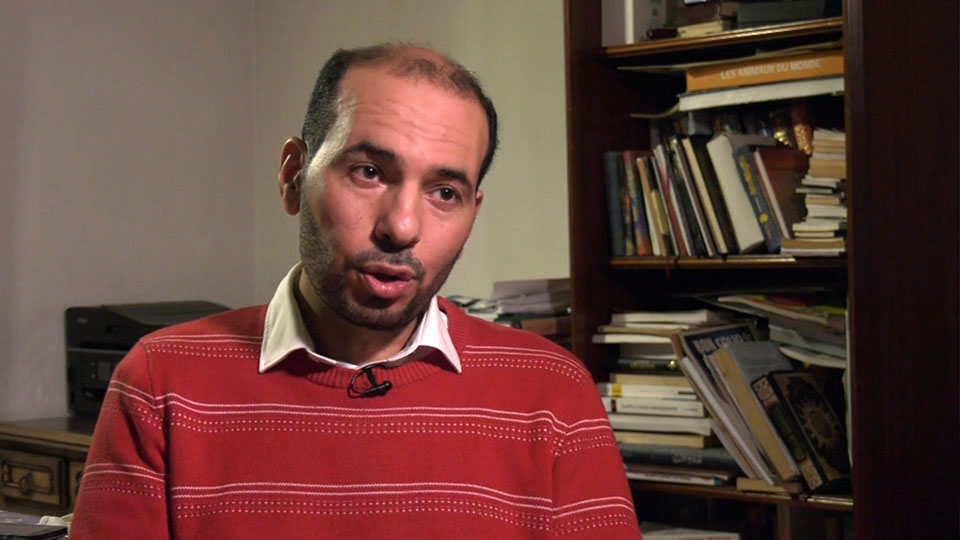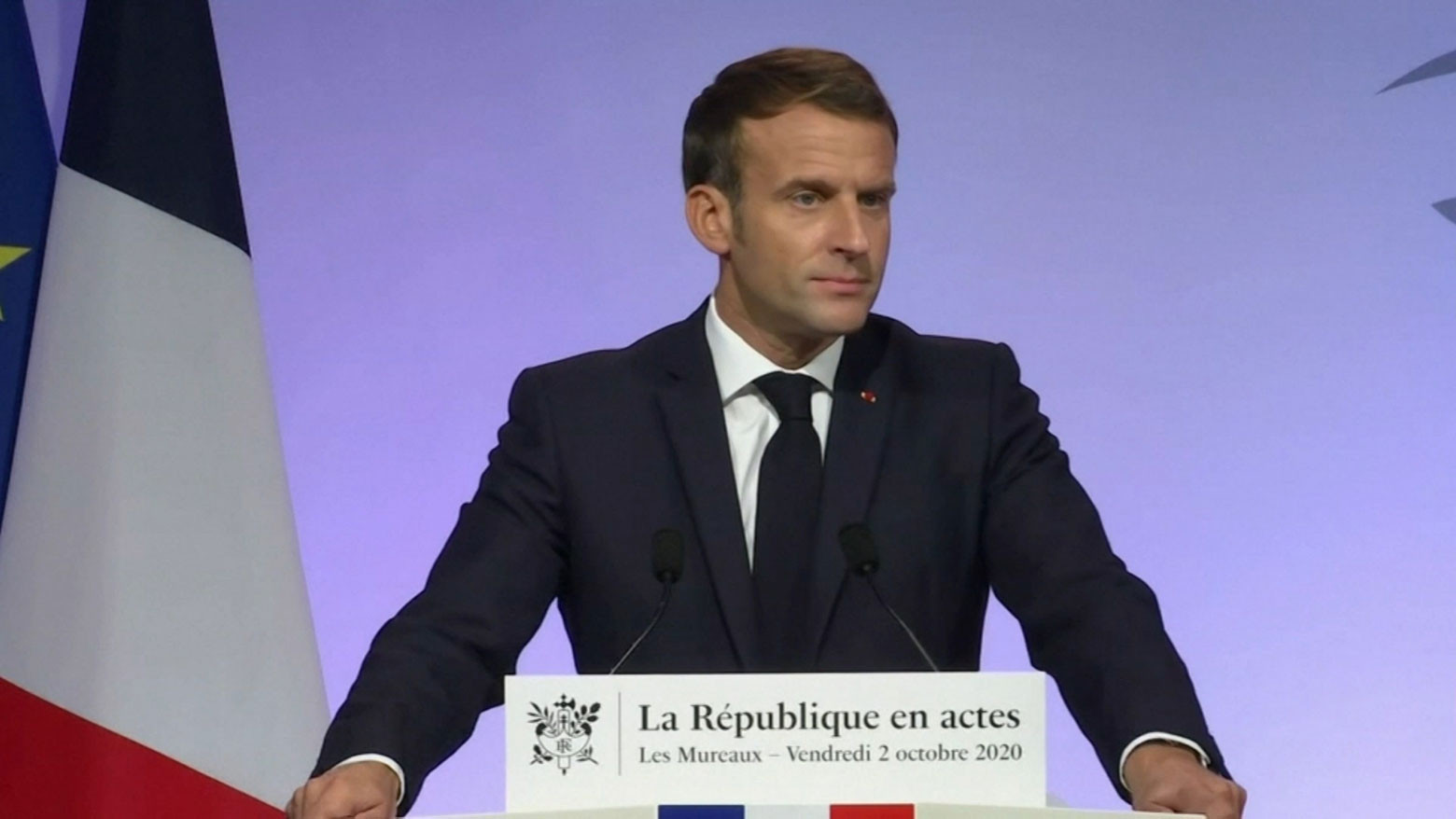On October 16, history teacher Samuel Paty was beheaded by an 18-year-old assailant in a suburb outside of Paris. The gruesome attack was the culmination of a social media campaign in which Paty was criticized for showing his students caricatures of the prophet Muhammad in a class on freedom of speech. The visual depiction of the prophet is considered blasphemous in Islam.
“We will continue the fight for freedom,” said Macron in a speech after the attack. He added that his government would never concede freedom of expression, saying “France will not give up cartoons.”
The comments led to widespread anger in the Muslim world, including calls to boycott French products. Pakistan’s prime minister Imran Khan accused Macron of Islamophobia, while Turkey’s president Recep Tayyip Erdogan said, “What is the problem of this person called Macron with Muslims and Islam? Macron needs treatment on a mental level.”
But the French president was undeterred. On December 9, his government unveiled a bill that aimed to clamp down on practices deemed at odds with “the values of the French republic”, such as so-called virginity tests and forced marriages. The law also includes efforts to restrict hate speech and foreign donations that some say go too far. Though there is no mention of “Islamic separatism”, a term Macron used in a speech in October, some say the bill’s target is obvious.
“The risk is that, from an international perspective, this law could be seen as another piece of anti-Muslim legislation and encourage other acts of terrorism against France,” says Vincent Martigny, a professor at the Paris Institute of Political Studies. He says the security merits of the law are debatable: “There is no proof it will have any impact at all.”

Some see the law as the latest sign of a growing strain of anti-Muslim authoritarianism in France. In the past three years, the Macron government has closed down 15 houses of worship and four religious schools, citing a need to combat radicalism.
“Look, if you choose to live in France, you must respect the laws here,” says Hichem Annabi, a math teacher at a high school in Paris. “But at the same time, I wonder if people could try harder to understand the true values of Islam.”
Annabi, 42, was raised in Tunisia but emigrated to France two decades ago to study. He is currently taking part in an Imam training program at La Grande Mosquée de Paris. He says he hopes people can understand that the majority of Muslims in France respect the so-called “values of the republic”, including freedom of expression.
“We need answers that are compatible with both French and Islamic society,” he says. “We need to stand in solidarity, so people understand the true meaning of this religion.”

